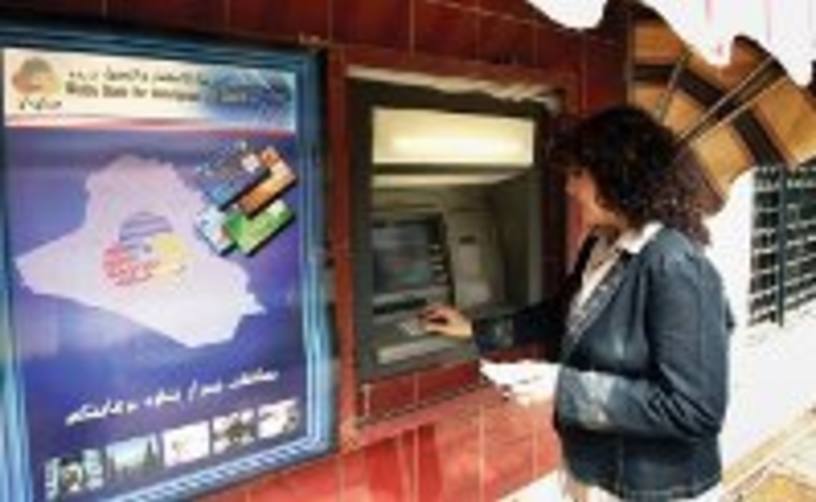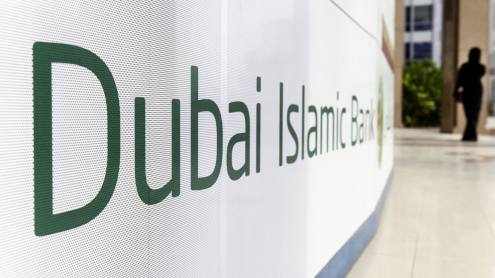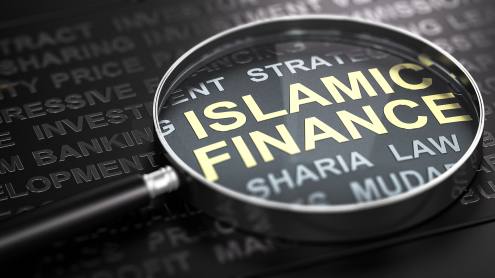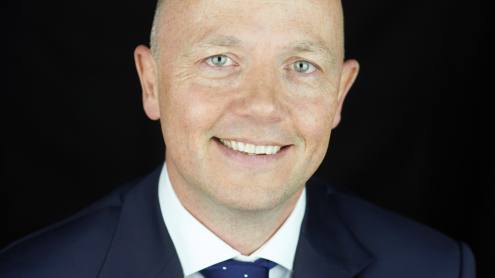Rebuilding a war-torn country, reshaping a former state-run economy and creating a private sector out of thin air are challenging enough. Doing so in the absence of a robust financial infrastructure to underpin it all is nigh on impossible. All three objectives hinge upon the creation of a banking system ready and willing to help consumers purchase goods, to assist companies in buying capital equipment and to fund expansions.
Iraq's financial architecture to support a growing, privatised economy is a bottom-up operation. The country remains a cash economy with a thriving black market. Private banks are thin on the ground, lending is sparse and there is no ingrained credit culture. State-owned banks hold 80% of deposits. Earning assets as a share of total deposits is on average less than 5%. Credit to the economy as a percentage of gross domestic product (GDP) is a mere 3.7%, among the lowest in the world. Iraqi business owners and entrepreneurs tend to rely on retained profits, their own wealth, or loans from friends and family.












